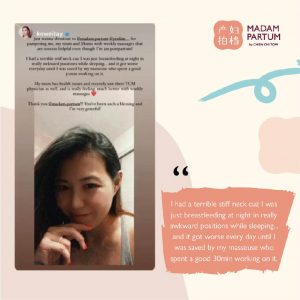
Understanding Confinement as a First-Time Mother
Becoming a mother is a life-changing experience, and the postpartum period, often referred to as “confinement,” plays a crucial role in helping new mothers recover and bond with her baby. The confinement period is also a critical period after birthing when the mother recuperates from being 10 months pregnant. But how do we start planning for your confinement?
How to Plan for your Confinement?
The major consideration for your confinement is how you wish to recuperate during this period and what kind of help you plan to get. There are different methodologies when it comes to confinement and each has it’s own approach and benefits.

Traditional Confinement
Rooted in cultural practices, this method emphasizes warming foods, herbal baths, and avoiding exposure to cold. It focuses on restoring the body’s balance through diet and rest. Usually comes with a lot of restrictions that is passed down from your parents such as no shower and no air conditioning.

Modern Confinement
Incorporates contemporary conveniences like confinement food catering, confinement nannies, and advanced postpartum care concepts and practices. This approach blends traditional practices with modern practices.

TCM-Based Confinement
Guided by Traditional Chinese Medicine principles, this method uses herbal remedies, acupuncture, and meridian massages to promote healing and enhance energy flow. On top of that, TCM-Based Confinement also includes practices in traditional confinement such as minimising exposure to ‘wind’, and dietary restriction and care.

Personalised Confinement
Combining the benefits that you believe in, and form up your own confinement practices, and get various help during your confinement.
Depending on the confinement methodology you are adopting, you will have to plan for different confinement practices and get different support to assist you.
Confinement from Then and Now
Confinement is a postpartum tradition in many Asian cultures and the different methodologies and practices have been passed down for many generations. Looking at confinement practices in the past and now, can give you a better perspective on how confinement practices have changed and the rationale for it’s changes.

Bathing and Hygiene
Then
In the past, traditional confinement placed strict restrictions on bathing. It was believed that exposure to water or “wind” could lead to illnesses such as arthritis later in life. New mothers often relied on dry shampoos or herbal wipes to maintain cleanliness. However, these restrictions left many feeling uncomfortable during this critical time.
Now
Hygiene practices during confinement have become more practical and balanced. In the past, water are fetched from the water well and the water might contain impurities that might cause the infection on the mother’s wound, but in the modern days, water are cleaner and warm showers are made more possible. Furthermore, water can be infused with herbal bath to provide benefit of expelling “wind” from the body.
With the modern solution of cleaner water, water heater and TCM herbal bath, it has allowed mothers to shower during her confinement keeping herself clean and refreshed.
Confinement Meals
Then
Diet has always been a cornerstone of confinement care. Traditionally, meals were rich in warming ingredients like ginger, sesame oil, and Chinese herbs, aimed at replenishing energy, improving blood circulation, and aiding lactation. These recipes were often passed down through generations, steeped in cultural significance.
Now
Confinement meals have been reimagined to cater to individual dietary preferences and health conditions. Tho the confinement recipes are still similar to what’s being cooked in the past, the ingredients are more available in the market, and there are confinement food catering services that can help offload the cooking chore for you.
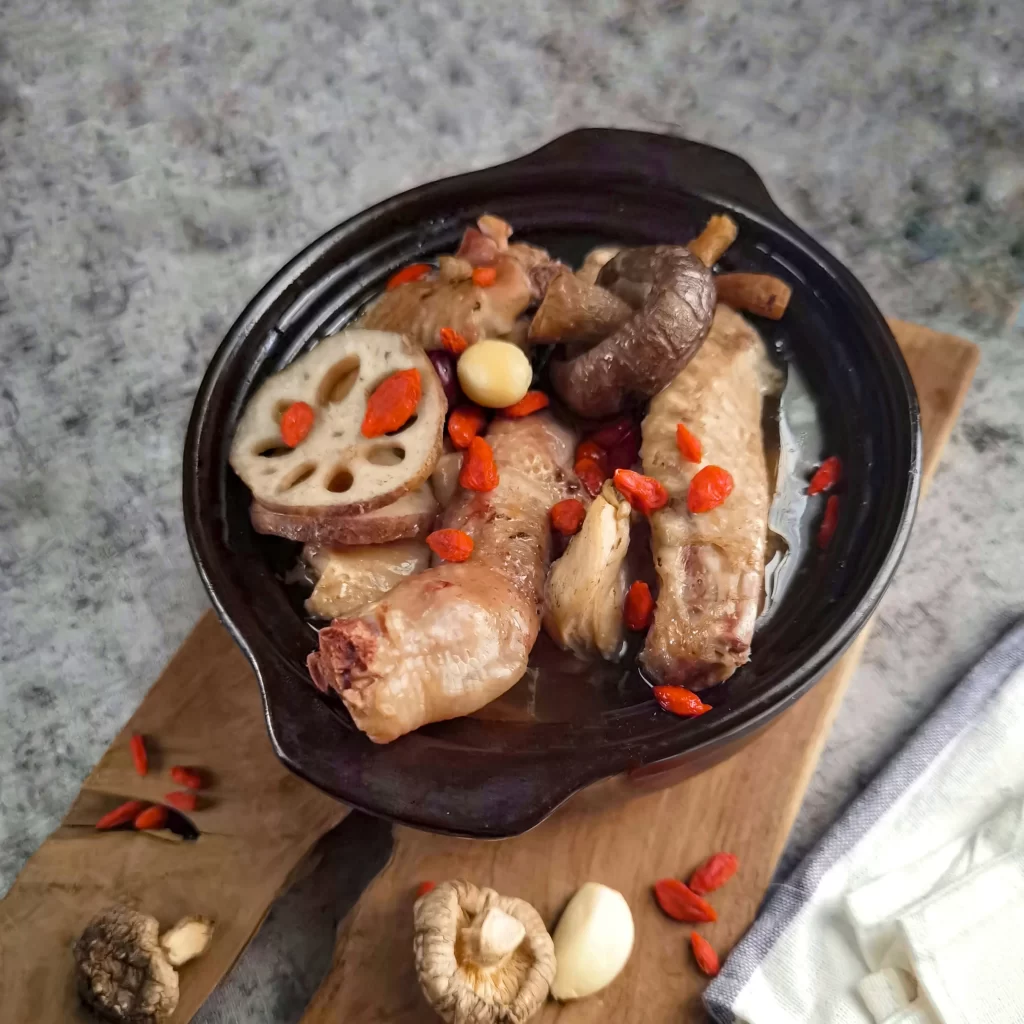

Mental Health
Then
Mental health during confinement was historically an overlooked aspect. Mothers were expected to silently endure challenges such as sleep deprivation, hormonal changes, and emotional struggles. The stigma around discussing postpartum depression often left women feeling isolated.
Now
Today, there is a growing awareness of the importance of mental health during the postpartum period. Conversations about postpartum depression are more open, and mothers are encouraged to seek support from loved ones or professionals. From counseling to online support groups, the focus on emotional well-being has become an integral part of modern confinement care. There is also help from various Non-Profit Organisation available when you need them.
Resting and Activity
Then
Traditionally, new mothers were confined to their beds, with strict instructions to avoid physical activity. While this approach emphasized rest, it often led to feelings of stagnation and prolonged recovery times.
Now
Modern confinement strikes a healthier balance. While rest remains essential, gentle exercises such as stretching or postpartum yoga are now encouraged to improve blood circulation, prevent blood clots, and boost overall well-being. This approach ensures that mothers recover at their own pace while regaining strength and mobility.

Needs versus Wants for Confinement
Preparing for confinement is a unique experience for every mother, shaped by individual preferences, family traditions, and lifestyle choices. With so many options available today, it can be challenging to distinguish between necessities and luxuries. Understanding what’s truly essential can help mothers prioritize their recovery while embracing the comforts that suit their needs.
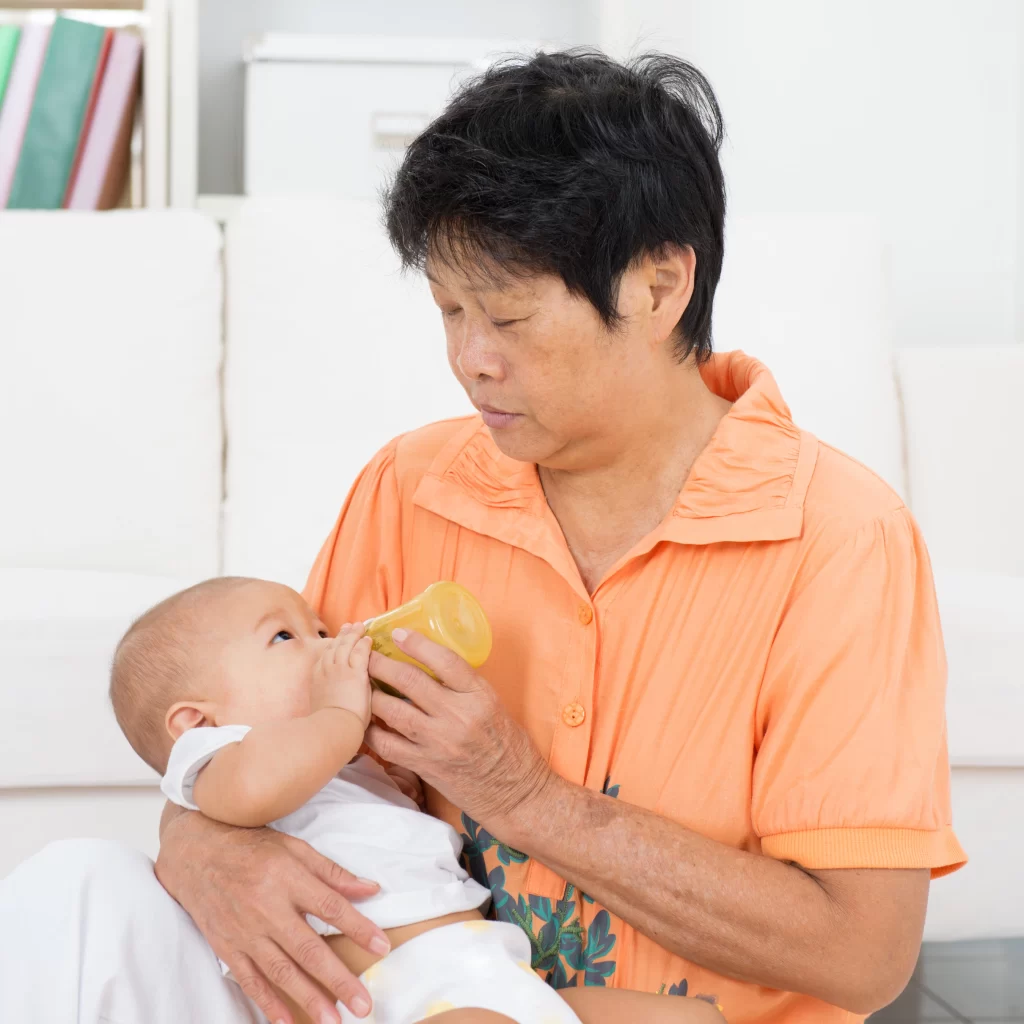
Confinement Nanny
One of the most significant decisions a new mother may face is whether to hire a confinement nanny. So that you get sufficient help during the confinement period as you recuperate and adjust to the new changes in life.
Need: For many, a confinement nanny is essential, especially for first-time mothers navigating the challenges of newborn care. These experienced caregivers bring invaluable knowledge about infant care, breastfeeding, and postpartum recovery, ensuring both mother and baby are well-supported.
Want: While not strictly necessary, an experienced confinement nanny can feel like a luxury, particularly for mothers with strong family support. So if you have a family member who can assist you in taking care of your newborn and support you during your confinement, a confinement nanny becomes a want.
Confinement Meals
Proper nutrition is the cornerstone of a successful confinement period, as the body needs to recover from childbirth and regain strength.
Need: A balanced diet rich in nutrients is non-negotiable for recovery, so it’s definitely a need for confinement meals. Traditional confinement foods, packed with ingredients like ginger, sesame oil, and Chinese herbs, help replenish energy and support lactation.
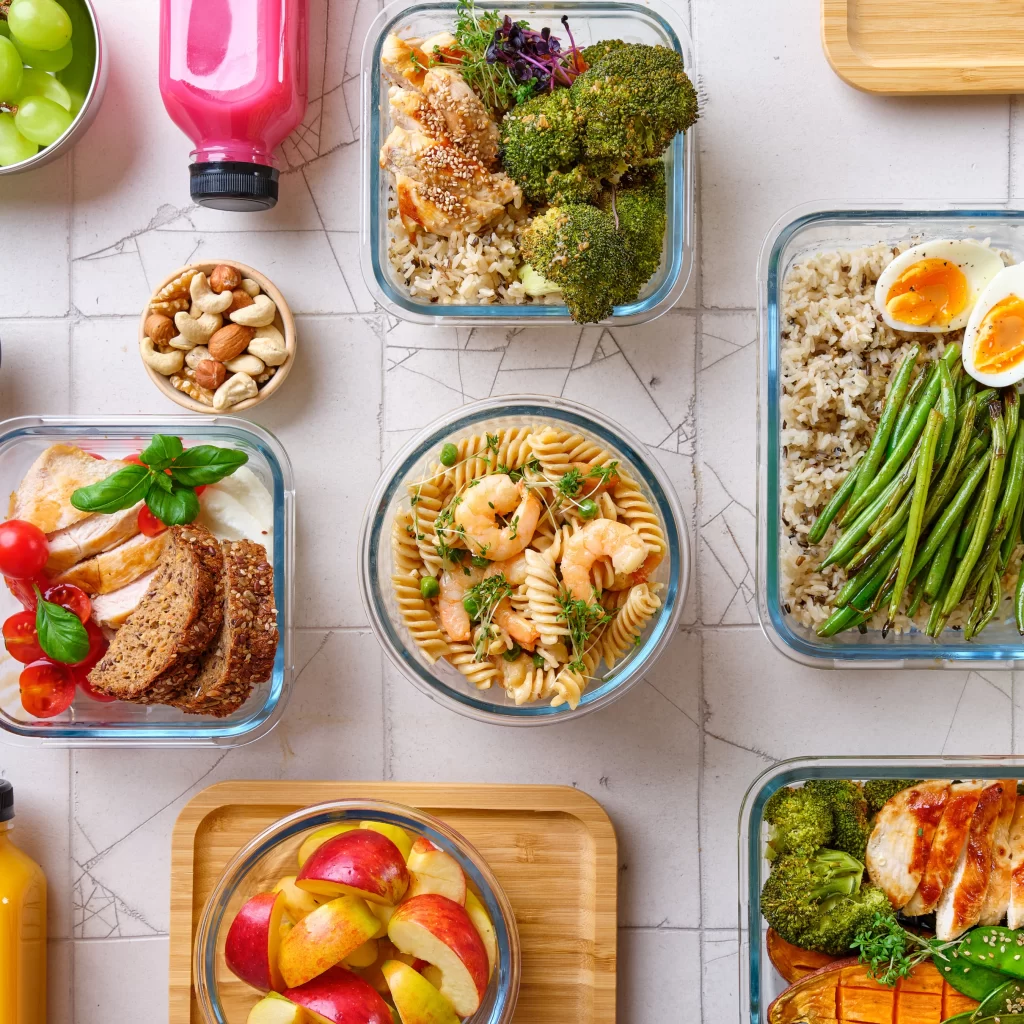
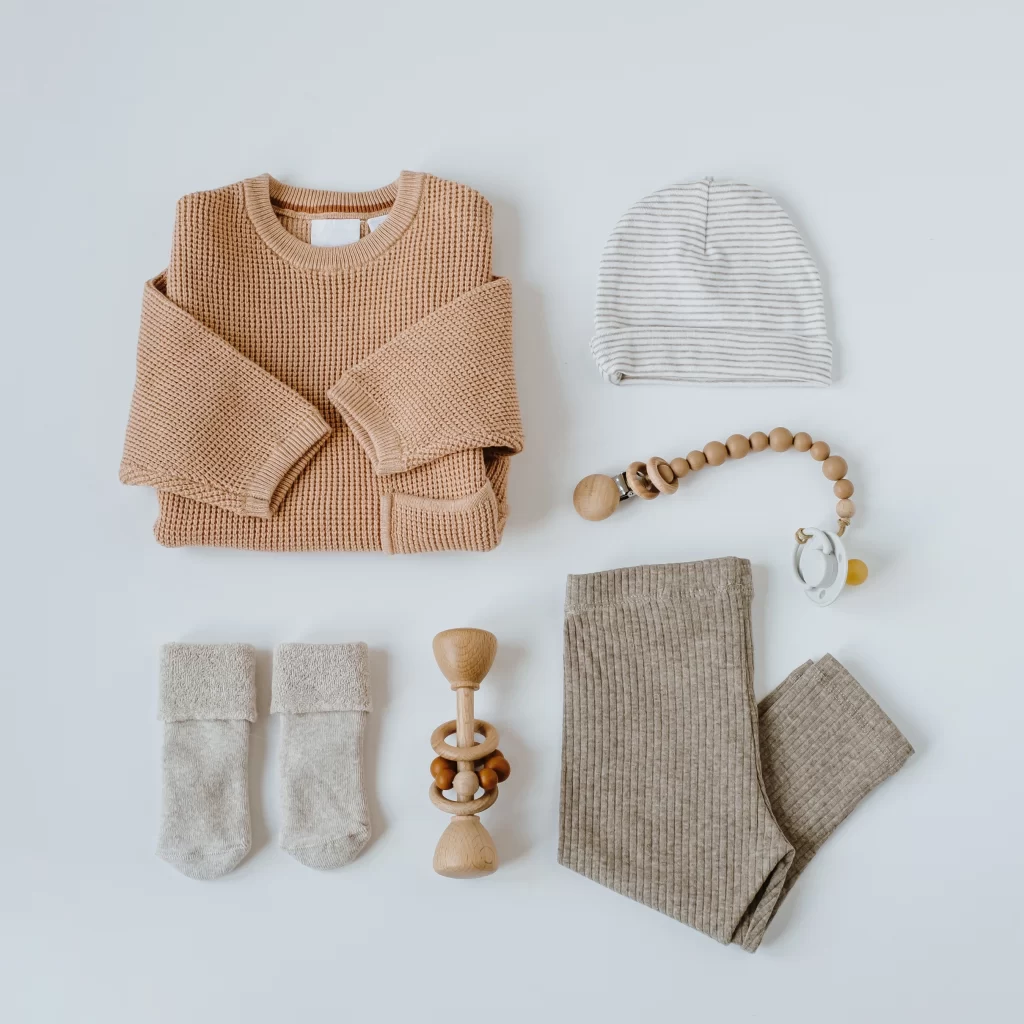
Baby Gear
Welcoming a newborn often comes with a long list of baby essentials, but not all items are equally necessary.
Need: Basics such as diapers, baby clothes, feeding bottles, and a safe sleeping arrangement are essential for the baby’s comfort and care.
Want: High-end gadgets like smart baby monitors, bottle sterilizers, or designer strollers can make parenting more convenient but aren’t strictly required. It’s worth focusing on practicality and ensuring the essentials are covered first.
Self-Care
Amidst the focus on the baby, mothers must also prioritize their self-care routine to ensure a smoother recovery and avoid postpartum depression.
Need: It’s a sure need for all mothers but it does not have to be a getaway holiday or a rejuvenating retreat. Simple self-care items like herbal bath packs, comfortable postpartum wear, and massages are enough to feel comfortable and enjoy a short getaway. These basics help new mothers feel refreshed and cared for during this demanding period.

Finding the Right Balance
Ultimately, confinement is about prioritizing recovery while embracing practices that align with your needs and preferences. Whether you lean on traditional methods, modern conveniences, or a blend of both, remember that this period is about nurturing both physically and mentally. Every mother’s journey is unique—choose what works best for you and your family.


